Human VEGF-D ELISA Kit
$299.00 – $419.00
ELISA Kit Detail Information
| Related Target | |
|---|---|
| Species | human |
| Sample Type | Serum, plasma, cell culture supernatant, and other biological samples |
| Sample Volume | 50 μL |
| Sensitivity | 2.43 pg/mL |
| Array Range | 62.5 pg/mL – 4000 pg/mL |
| Assay Time | 3.5 h |
| Recovery | 80% – 112% |
| Average Recovery | 97% |
| Intra Precision | 1.6% – 2.5% |
| Inter Precision | 2.8% – 3.5% |
| Plate | Detachable 96-well plate |
| Storage | If the reagent kit is unopened, it should be stored at 4℃. However, if it has been opened, the standard solution should be stored at -20℃, while the other components should be stored at 4℃. |
| Delivery | 4℃ blue ice transportation |
| Components | 96-well polystyrene enzyme-linked immunosorbent assay (ELISA) plate coated with anti-VEGF-D monoclonal antibody Human VEGF-D freeze-dried standard VEGF-D detect Antibody Standard Diluent Assay Buffer(10×) Substrate TMB Stop Solution Washing Buffer(20×) Sealing Film |
| Assay Principle | This kit utilizes the double antibody sandwich enzyme-linked immunosorbent assay (ELISA) detection technique.Specific anti-human VEGF-D antibodies are precoated on a high-affinity ELISA plate. Standard samples, test samples, and biotinylated detection antibodies are added to the wells of the ELISA plate. After incubation, VEGF-D present in the samples binds to the solid-phase antibodies and the detection antibodies. After washing to remove unbound substances, streptavidin-HRP labeled with horseradish peroxidase is added. After washing, a colorimetric substrate, TMB, is added and the plate is incubated in the dark for color development. The intensity of the color reaction is directly proportional to the concentration of VEGF-D in the samples.A stop solution is added to terminate the reaction, and the absorbance value is measured at a wavelength of 450 nm (with a reference wavelength range of 570-630 nm). |
Related Targets
VEGFD
VEGFD Target Infomation Overview
- Target Symbol: VEGFD, vascular endothelial growth factor D
- Gene Groups: VEGF family
- Alias: VEGF-D
- Previous Names: FIGF
- Alias Names: c-fos induced growth factor (vascular endothelial growth factor D)
VEGFD, vascular endothelial growth factor D Target Infomation by Species
- Human
- Mouse
- Rat
Human VEGFD Target Information
- Target Symbol: VEGFD, vascular endothelial growth factor D
- Alias:
- c-fos induced growth factor
- c-fos induced growth factor (vascular endothelial growth factor D)
- c-fos-induced growth factor
- FIGF
- VEGF-D
- NCBI_Gene: 2277
- UniProtKB: O43915
Human VEGFD Predicted Functions
Enables chemoattractant activity and vascular endothelial growth factor receptor binding activity. Involved in induction of positive chemotaxis and positive regulation of mast cell chemotaxis. Predicted to be located in extracellular region and platelet alpha granule lumen. Predicted to be active in extracellular space. Biomarker of ovarian carcinoma and urinary bladder cancer.
Mouse Vegfd Target Information
- Target Symbol: Vegfd, vascular endothelial growth factor D
- Alias:
- c-fos induced growth factor
- Figf
- VEGF-D
- NCBI_Gene: 14205
Mouse Vegfd Predicted Functions
Predicted to enable fibroblast growth factor receptor binding activity and growth factor activity. Involved in positive regulation of cold-induced thermogenesis. Acts upstream of or within positive regulation of MAPKKK cascade by fibroblast growth factor receptor signaling pathway and positive regulation of cell population proliferation. Located in extracellular space. Is expressed in several structures, including alimentary system; cerebellum; integumental system; limb; and skeleton. Orthologous to human FGF21 (fibroblast growth factor 21).
Rat Vegfd Target Information
- Target Symbol: Vegfd, vascular endothelial growth factor D
- Alias:
- c-fos induced growth factor
- c-fos induced growth factor (vascular endothelial growth factor D)
- c-fos-induced growth factor
- Figf
- Vegf-d
- NCBI_Gene: 360457
Rat Vegfd Predicted Functions
Enables vascular endothelial growth factor receptor binding activity. Involved in several processes, including positive regulation of interleukin-6 production; regulation of vascular endothelial growth factor receptor signaling pathway; and response to interleukin-1. Predicted to be located in extracellular space. Orthologous to human VEGFD (vascular endothelial growth factor D).

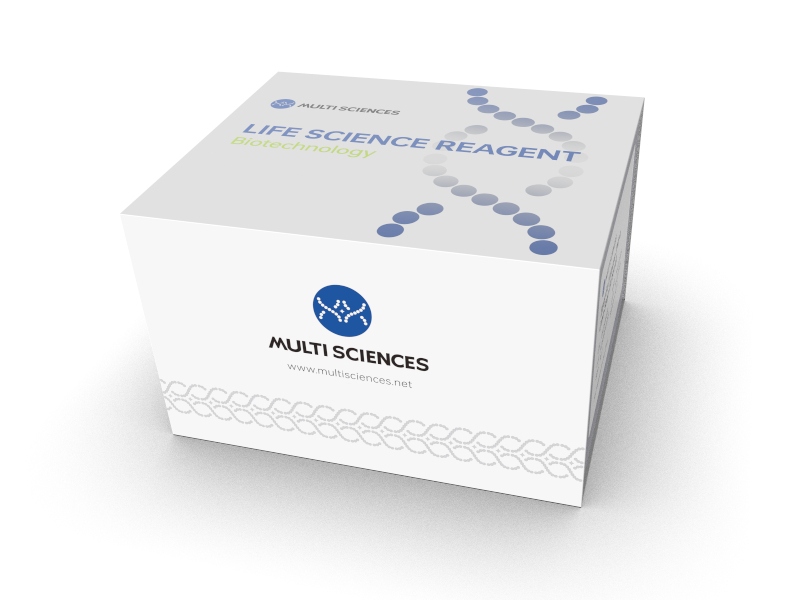
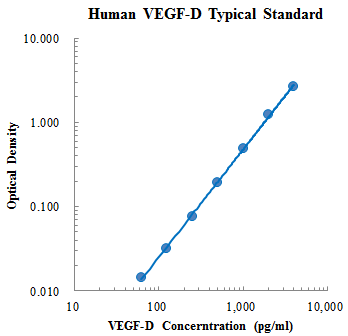
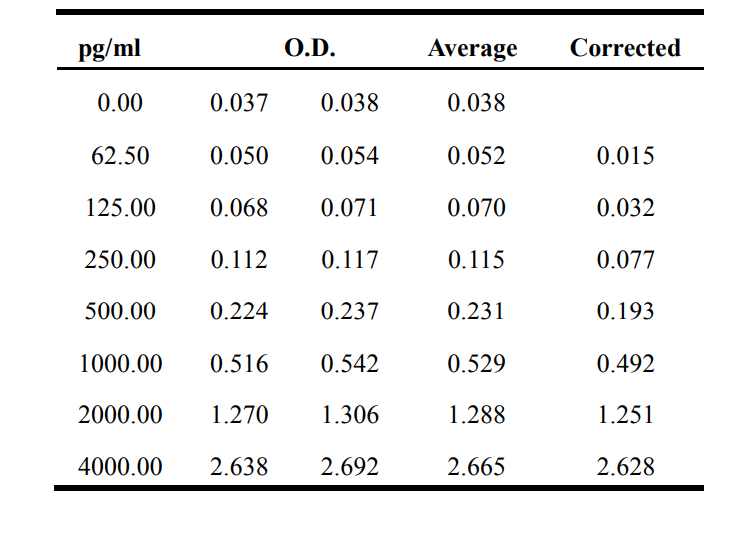

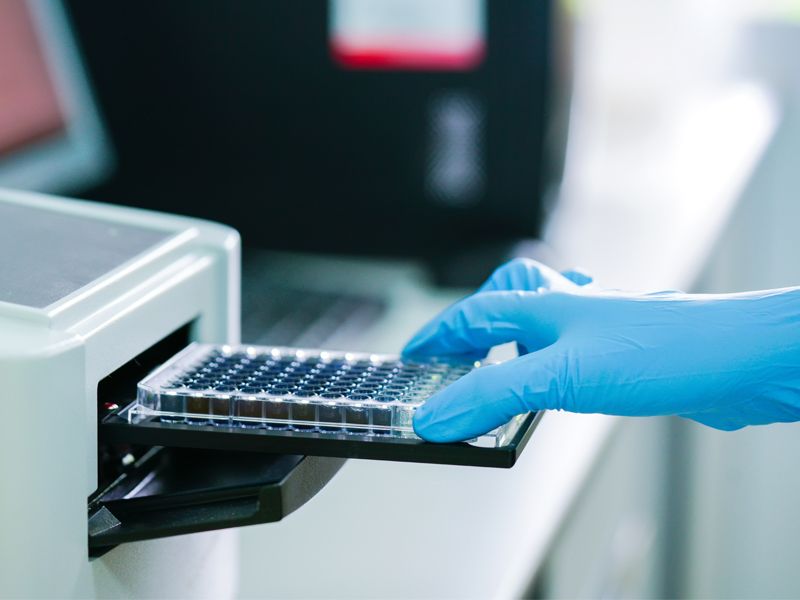
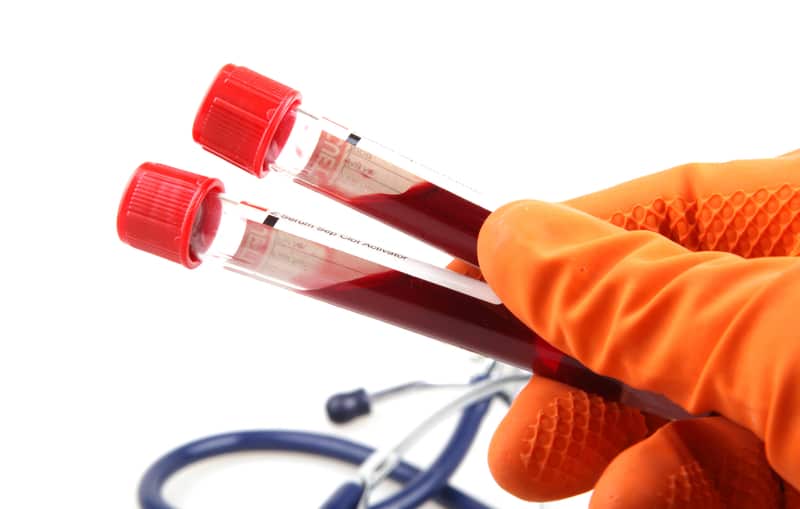

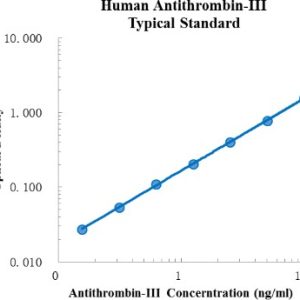
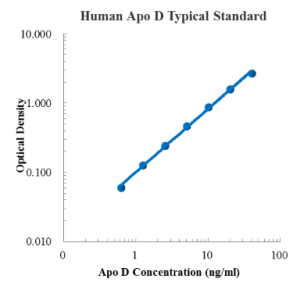
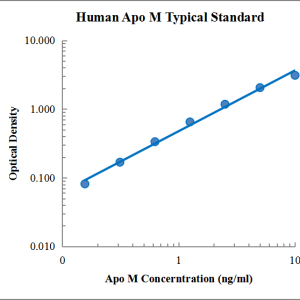
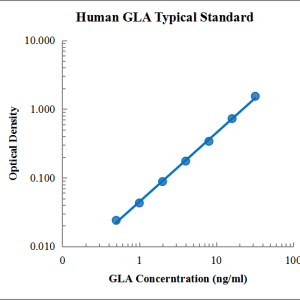
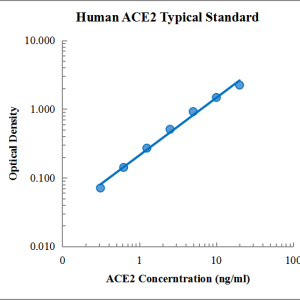
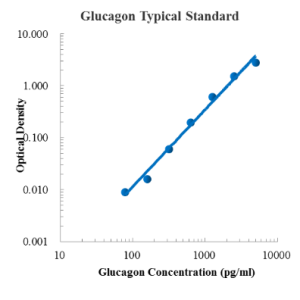
Reviews
There are no reviews yet.